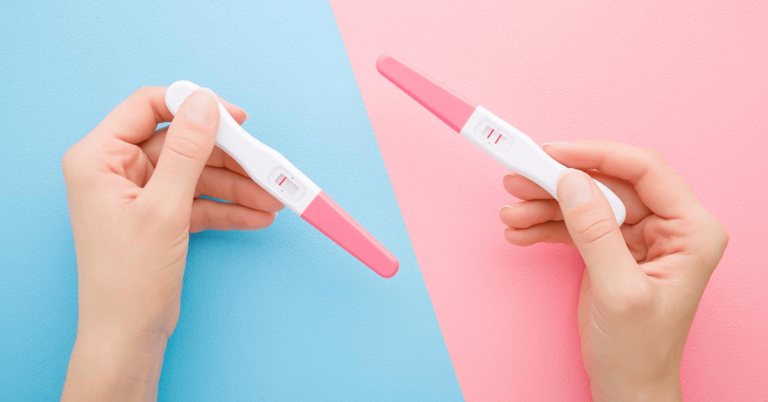Is Swimming Safe During Pregnancy?

Absolutely! Swimming is generally considered safe during pregnancy and offers a range of benefits. It is a low-impact exercise that helps you stay active and maintain overall fitness. If you have a healthy pregnancy, swimming can be a great way to exercise. However, if you have any medical conditions or complications, it’s always best to consult with your doctor or midwife before starting any new exercise routine.
Benefits of Swimming During Pregnancy
Staying active while pregnant is crucial for your health and your baby’s development. Swimming, in particular, offers unique benefits:
- Supports Physical Health: Swimming helps maintain cardiovascular fitness, strengthens muscles, and improves endurance. The buoyancy of the water supports your growing belly, reducing the strain on your joints and lower back, which is particularly beneficial during the later stages of pregnancy.
- Relieves Common Pregnancy Discomforts: The water provides relief from pregnancy-related swelling and can ease aches and pains, especially in the lower back and pelvic area.
- Regulates Body Temperature: Unlike many forms of exercise, swimming helps keep your body temperature low, preventing overheating, which is important during pregnancy.
- Promotes Mental Wellbeing: Regular swimming sessions can reduce stress, anxiety, and symptoms of depression, enhancing overall mood and emotional health.
- Helps with Weight Management: Swimming burns calories, aiding in healthy weight gain during pregnancy.
Is Swimming in a Heated Pool Safe?
Yes, swimming in a heated pool is safe during pregnancy, provided the temperature is comfortable—typically between 27°C and 33°C. Avoid hot tubs or hydrotherapy pools that exceed 35°C, as high temperatures can lead to overheating, dehydration, and fainting. Elevated body temperatures during pregnancy can increase health risks.
Swimming in Chlorinated Pools
Swimming in chlorinated pools is safe for pregnant women. Chlorine does not pose any known risks to your baby. You can swim throughout your pregnancy unless advised otherwise by a healthcare professional. However, avoid swimming after your water breaks to prevent infection.
Is Cold Water Swimming Safe During Pregnancy?
Swimming in natural bodies of water like the sea, lakes, or rivers—referred to as cold water swimming—can carry certain risks during pregnancy. Cold temperatures may cause shock or illness, which is not ideal for you or your baby. Open waters may also contain pollutants, increasing the risk of infections. If you decide to swim in open water, consult your doctor, ensure the water quality is safe, and take precautions like avoiding swallowing water and covering any open cuts or wounds.
How to Swim Safely During Pregnancy
Whether you are an experienced swimmer or new to the activity, it is important to follow these guidelines to swim safely during pregnancy:
- Start Slowly: Gradually increase the duration and intensity of your swim sessions, aiming for up to an hour.
- Choose Comfortable Strokes: Opt for strokes that feel comfortable and avoid those that cause discomfort. For instance, breaststroke might worsen pelvic pain in some women.
- Avoid Overexertion: Swim at a pace that allows you to maintain a conversation. You should feel energized, not exhausted, after your swim.
- Pay Attention to Your Body: If you feel any discomfort, pain, or unusual symptoms, stop swimming and consult your healthcare provider.
Swimming is a great way to stay active and healthy during pregnancy, benefiting both you and your baby. Just remember to listen to your body, stay hydrated, and consult your healthcare provider if you have any concerns.






